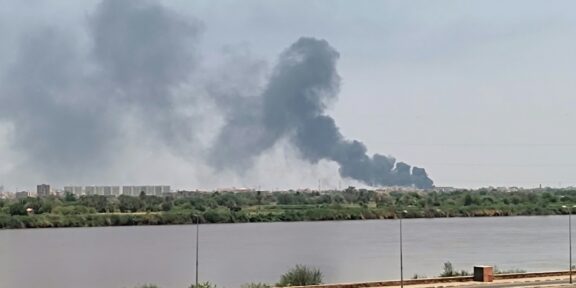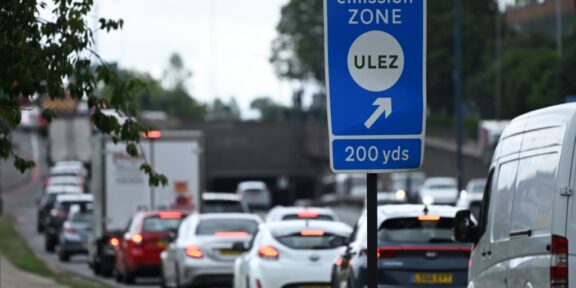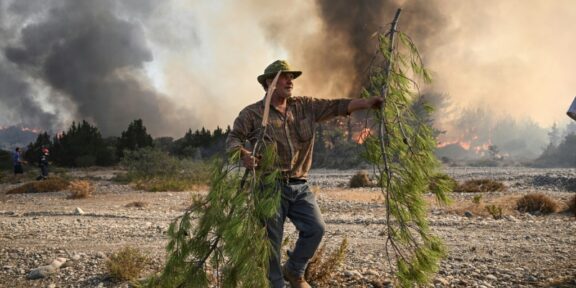
Viral videos of vulgar, intoxicated and violent airplane passengers have become common, but it is not just a social media trend: statistics confirm cases are on the rise.
The surge in incidents comes as the aviation industry is bouncing back from the Covid pandemic, with airlines expecting to fly a near-record 4.35 billion passengers this year.
According to the airline industry trade group IATA, one in every 568 flights had an incident linked to an unruly passenger in 2022, compared to one flight in 835 flights in 2021.
“Although non-compliance incidents initially fell after the mask mandates were removed on most flights, the frequency began to rise again throughout 2022 and ended the year some 37 percent up on 2021,” IATA said recently.
The most common incidents involved passengers smoking or vaping in the cabin or toilet, refusing to buckle their seatbelt, failing to respect baggage limits and storage instructions and consumption of their own alcohol on board.
While incidents of physical aggression remain rare — only one flight in 17,200 in 2022 — that represents a 61 percent jump from the previous year.
The United States saw a tenfold rise in violent incidents from 2017 to 2021 to 6,000, with the politicisation of mask wearing during the pandemic responsible for many confrontations.
“This was a crazy time, people did a lot of strange things,” said JetBlue CEO Robin Hayes.
“That has come back down a lot since the masking rules went away, it’s still slightly elevated compared to 2019 but it’s largely back to normal,” he added.
But Federal Aviation Administration data shows that in the first half of this year, incidents were nearly double the pre-pandemic rate. And this is despite the FAA’s “zero tolerance” policy towards unruly passengers, imposing $8.4 million in fines last year on passengers, who sometimes risked criminal prosecution as well.
For the European Aviation Safety Agency, the rate of incidents has fallen since peaking in the pandemic, but the seriousness of the issues “seems to have increased considerably”.
The reasons most often cited are the stress of travelling, less personal space on planes, smoking bans and alcohol abuse.
An Air Caraibes steward testified in a 2022 trial that he once confiscated 31 bottles of alcohol during boarding.
- Psychology, handcuffs and diversions –
“We see a lot more angry passengers generally and that matches very much what the police services say they see in the wider population everywhere,” said EASA’s head of safety promotion, John Franklin, during a recent webinar.
This “doesn’t necessarily make us feel any better, but it’s not just an aviation problem”.
Undercover officers often travel on routes where there are frequent problems, but for the most part, it is cabin crew who have to handle problem passengers.
They are trained in psychology to de-escalate situations, as well as self-defence.
If dialogue and warnings fail, airplanes are equipped with plastic handcuffs to restrain uncontrollable passengers in their seats. As a last resort, the captain can divert the plane and make all passengers disembark.
Some countries like France are increasing the financial penalties for unruly behaviour.
Failure to obey the cabin crew’s orders can incur a fine of 10,000 euros ($11,200), or even double for repeat offenders. Putting the safety of the aircraft in jeopardy can result in a fine of up to 75,000 euros, a four-year flight ban and a five-year jail term.
IATA wants changes that facilitate the prosecution of offenders on international routes.
Jurisdiction is determined by the registration country of the aircraft, which leaves the authorities of the country where the plane lands with no power to prosecute an unruly passenger.









